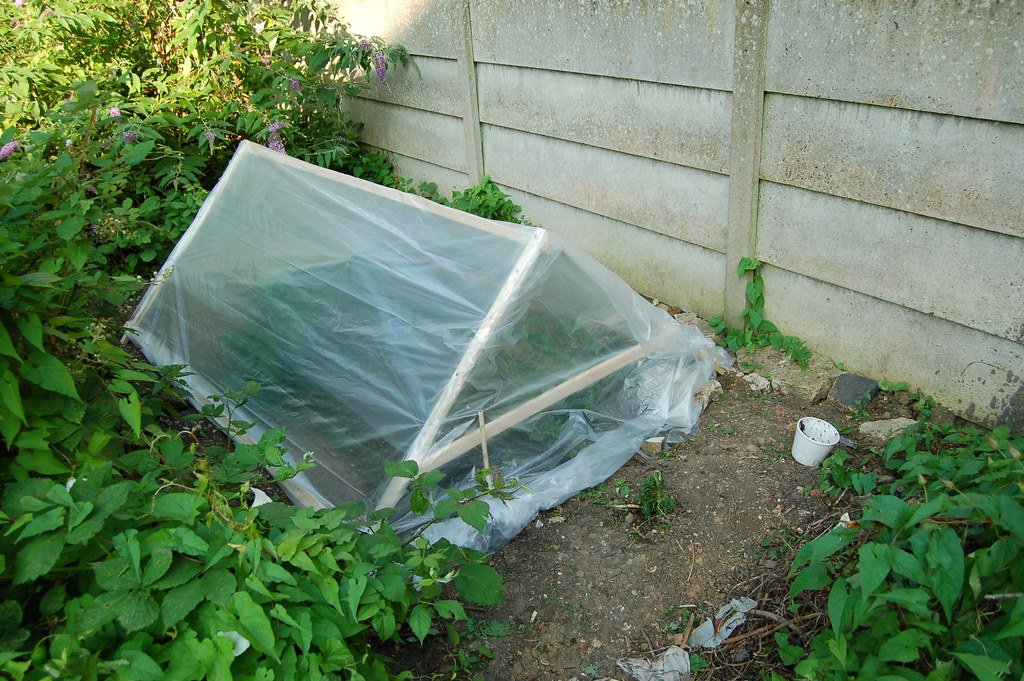Garden Guide February
February marks the transition from winter to early spring in the Pacific Northwest, making it an excellent time to start sowing hardy vegetables, herbs, and flowers. While the soil is still cold and frost is possible, certain frost-resistant crops can be sown outdoors, and others can be started indoors for later transplanting. With careful planning, you can get a head start on a productive gardening season. Eco-Restore can help you strategize your planting schedule, set up cloches, and ensure your garden is primed for success.
Sow Outdoors in Late February (Very Hardy Crops)
These vegetables and herbs can withstand frost down to 25°F, making them ideal for late February sowing in the PNW.
Carrot Family (Apiaceae):
Chervil – A delicate herb with a mild anise flavor, chervil thrives in cool weather and bolts quickly in heat. Early sowing ensures a good harvest before summer.
Fennel – Hardy perennial fennel can be sown early for an extended growing season. It is an excellent pollinator plant and culinary herb.
Sweet Cicely – This sweet, anise-flavored herb germinates best in cool soil, making late winter an ideal sowing time.
Flax Family (Linaceae):
Edible Flax – A dual-purpose plant for seeds and fiber, flax prefers cooler temperatures to establish strong growth.
Onion Family (Alliaceae):
Garlic, Onion Sets, Potato Onions, Shallots – These alliums benefit from an early start, as they need time to establish strong root systems before summer.
Sow Under a Cloche in Late February
For these crops, cloches provide warmth and protection, promoting strong germination and early growth. Be sure to vent cloches during warm days and monitor the soil moisture.
Beet Family (Amaranthaceae):
Beets, Spinach – Both are cold-hardy but appreciate the added warmth of a cloche to speed up germination.
Mustard Family (Brassicaceae):
Arugula, Asian Greens, Broccoli Raab, Chinese Cabbage, Collards, Cress, Kale, Mustard, Radishes, Turnips – These fast-growing greens thrive in cool weather and will establish quickly under protection.
Pea Family (Fabaceae):
Fenugreek, Shelling Peas, Snap Peas, Snow Peas – Peas prefer cool soil but benefit from a cloche for consistent warmth.
Purslane Family (Portulacaceae):
Miner’s Lettuce – This native green loves cool temperatures and grows well with minimal protection.
Sow Indoors for Transplanting
Starting these crops indoors gives them a head start, as many take longer to mature than the PNW’s summer allows. Generally you can begin transplanting after the second set of true leaves have developed fully.
Buckwheat Family (Polygonaceae):
Rhubarb, Garden Sorrel – Both require a long growing season and establish well when started early.
Asparagus Family (Asparagaceae):
Asparagus – A perennial crop that takes several years to establish, making early sowing beneficial.
Nightshade Family (Solanaceae):
Eggplant, Hot Peppers, Sweet Peppers, Cherry Tomatoes, Paste Tomatoes, Slicing Tomatoes – These heat-loving crops need a long growing season, making indoor sowing essential.
Onion Family (Alliaceae):
Chives, Broadleaf Chives, Garlic, Onions – Early sowing leads to stronger transplants and better yields.
Flowers to Sow Indoors for Transplanting
Rather than relying on costly nursery starts, homegrown seedlings can provide a more diverse and resilient garden. Use a simple propagation box with heat and light for best results.
Mint Family (Lamiaceae):
Bee Balm (Monarda spp.), Tender Salvia (Salvia spp.) – These pollinator-friendly flowers establish best when started early indoors.
Pink Family (Caryophyllaceae):
Rose Campion (Lychnis coronaria) – This drought-tolerant flower benefits from early indoor sowing.
Plantain Family (Plantaginaceae):
Snapdragon (Antirrhinum spp.) – A long-blooming favorite, snapdragons require early sowing for robust spring and summer displays.
Verbena Family (Verbenaceae):
Tall Verbena (Verbena bonariensis), Yarrow (Achillea spp.) – Both thrive when started early and transplanted once temperatures warm.
How Eco-Restore Can Help
At Eco-Restore, we specialize in helping gardeners create resilient and abundant gardens. Whether you need guidance on:
Setting up cloches for early sowing
Creating a personalized planting schedule
Starting and maintaining seedlings indoors
Selecting the right crops for your microclimate
We’re here to help! Contact us to ensure your February garden gets off to a strong start, setting the stage for a productive and beautiful growing season.
Reminder—this is the last chance to sign up for Garden Coaching for the year. See here for details.




